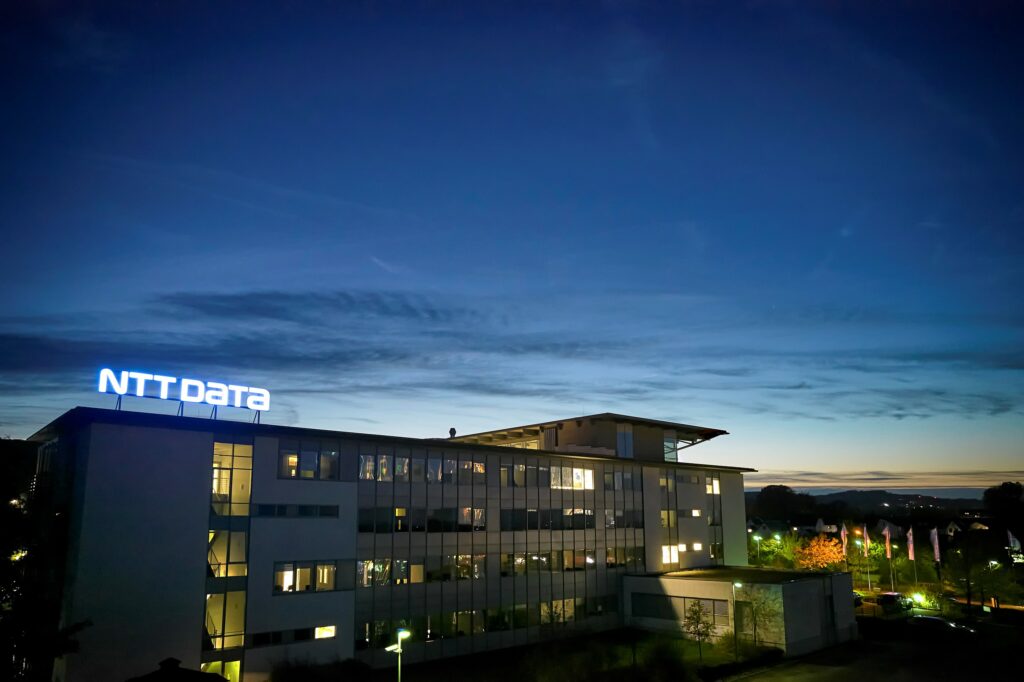As of February this year, nearly eight million refugees have fled the ongoing war in Ukraine, with 17.6 million needing humanitarian assistance. The United Nations High Commissioner for Refugees (UNHCR) is on a mission to safeguard their well-being and ensure they can access and exercise their rights to find safe asylum in another state.
With the support of the United Nations International Computing Centre (UNICC), the UNHCR has partnered with industry experts in the technology sector, BT, ServiceNow (Now) and Thirdera, to bring cloud technology to regional call centers (RCCs) in Poland and Hungary and provide direct line support to refugees.
ServiceNow and Thirdera have both worked with the UNICC previously. For ServiceNow, one of the most recent projects involved creating a digital workflow in a single app to automate convoluted processes that were weighing down workers in the field.
Dave Wright, chief innovation officer at ServiceNow, tells ERP Today, “ServiceNow has had a strong partnership with the UNICC for the past few years, recently creating a mobile app for humanitarian workers to help deliver necessities to asylum seekers faster.”
In the right place, at the right time
This time, the united partnership has created a direct line to the refugees by using the Now Customer Service Management (CSM) solution at the call centers in Poland and Hungary, where operators can give information in Ukrainian and Russian.
Where a CSM database typically aims to provide a seamless service for customers to ensure they can access the right information at the right time, the UNHRC project brings the same level of urgency and efficiency to refugees.
David Hildbrand, customer advisory director of Thirdera, shares the partnership’s story with ERP Today.
“Because we are the UNICC partner for all ServiceNow practices, we were working there already to see what kind of solution would be required. ServiceNow was contacted and provided the CSM, while Simona Turla, who is the partner manager of UNICC and British Telecom partner manager of UNICC in ServiceNow, contacted BT to provide the call center agents,” he says. Adding that the magic ingredient was “a lot about having the right people, the right contacts and a common vision to build a plan quickly.”
And it has been a quick turnaround. With the digital experts on board, the CSM and BT call center tools were all implemented in less than twelve weeks.
“By joining forces, we were able to provide quick and user-friendly assistance to refugees fleeing the ongoing war in Ukraine,” says Wright.
Call center capabilities
Using the new UNHRC solution RCC operators can provide information on education, employment, healthcare, housing and legal support with the capability to identify and refer vulnerable refugees for follow-up support.
For the UNHRC, the call centers provide a cost-effective, cloud-based solution, helping it achieve its goal of safeguarding the rights and well-being of refugees. And the platform goes beyond helping the immediate needs of the end users; it also has the capacity to process the feedback it receives directly from the refugees and build changes into its offering; continuously improving for future needs.
Mohammed Ghafour, community-based protection officer at UNHCR explains how the RCC allows for a system of two-way communication where the operators can provide essential information to the refugees but also, how the refugees can feed back to the UNHCR.
“The call center allows us to better understand the needs of the refugees from their own language from their own calls. These help us better understand the needs that are very important to be reflected in our programming,” he says.
A ‘tech for good’ blueprint for a better future for refugees
It is hoped that the partnership which enabled the opening of the RCCs can provide a blueprint for affecting change for refugees across the globe in the future.
Speaking about what makes a partnership ‘for good’ work, Hildbrand tells ERP today that those ingredients are having a common vision, trust (especially where pro bono work is involved) and a focus on adding value while staying pragmatic.
“We are bringing our digital transformation and ServiceNow knowledge to speed up the implementation process. Time was key here, due to the situation in Ukraine. Also, our flexibility at the contractual and legal levels, where we have been leading this project as a prime contractor, with many companies involved. It is a mix of knowledge and skills but also being flexible, proactive and efficient on the way to formalize all this into a plan,” he says.
With no end to refugee crises around the world, whether due to war, climate displacement or otherwise, the tech team behind the RCC roll-out hope to be able to bring the same kind of services to other vulnerable people in need.
“In the future, it can serve as a blueprint for supporting UNHCR and partner UN organizations dealing with emergencies around the globe. I think that’s the point of innovation. Technology can be a lifeline for people who need it the most by providing connection to those who can help,” concludes Wright.




